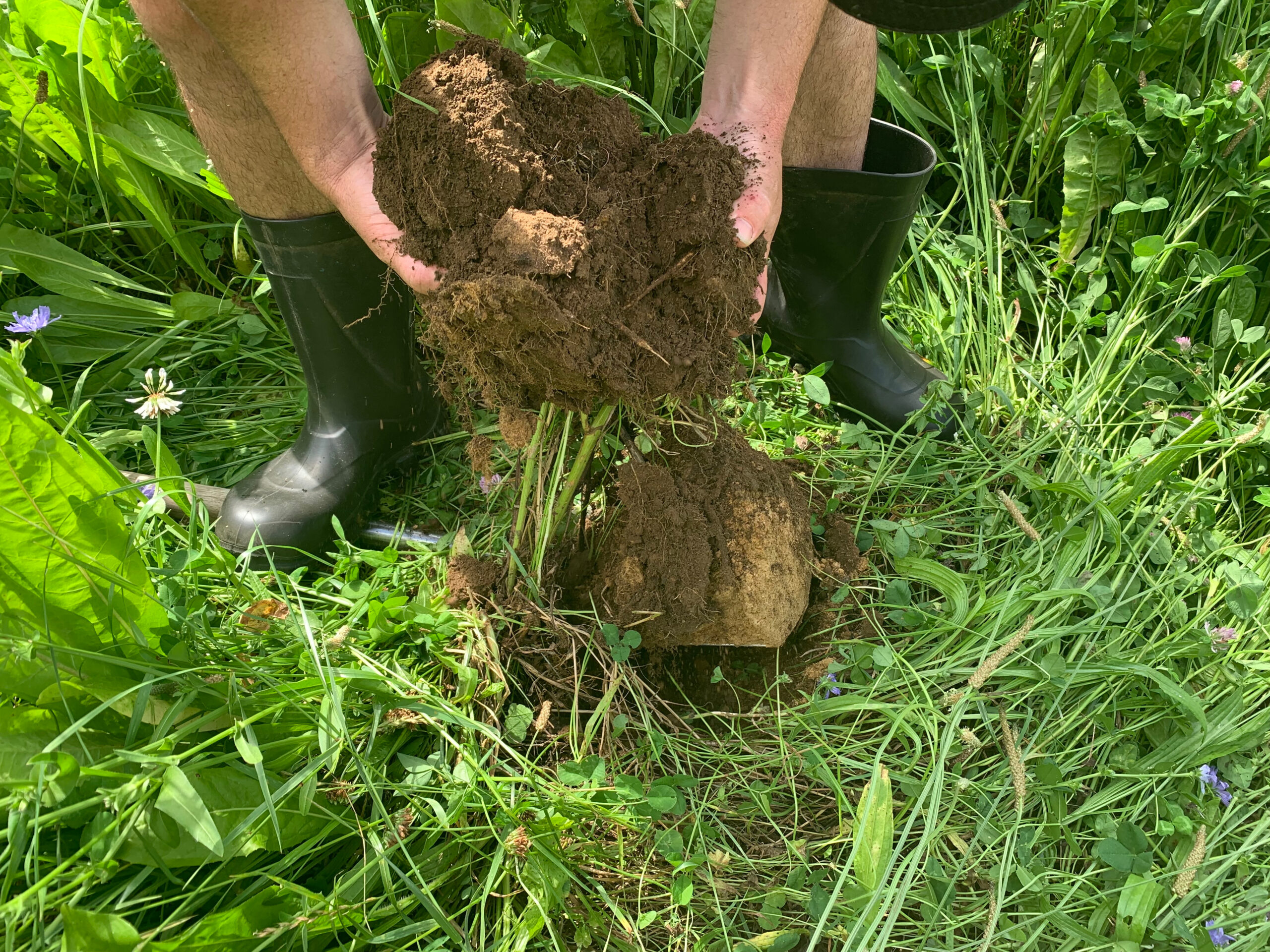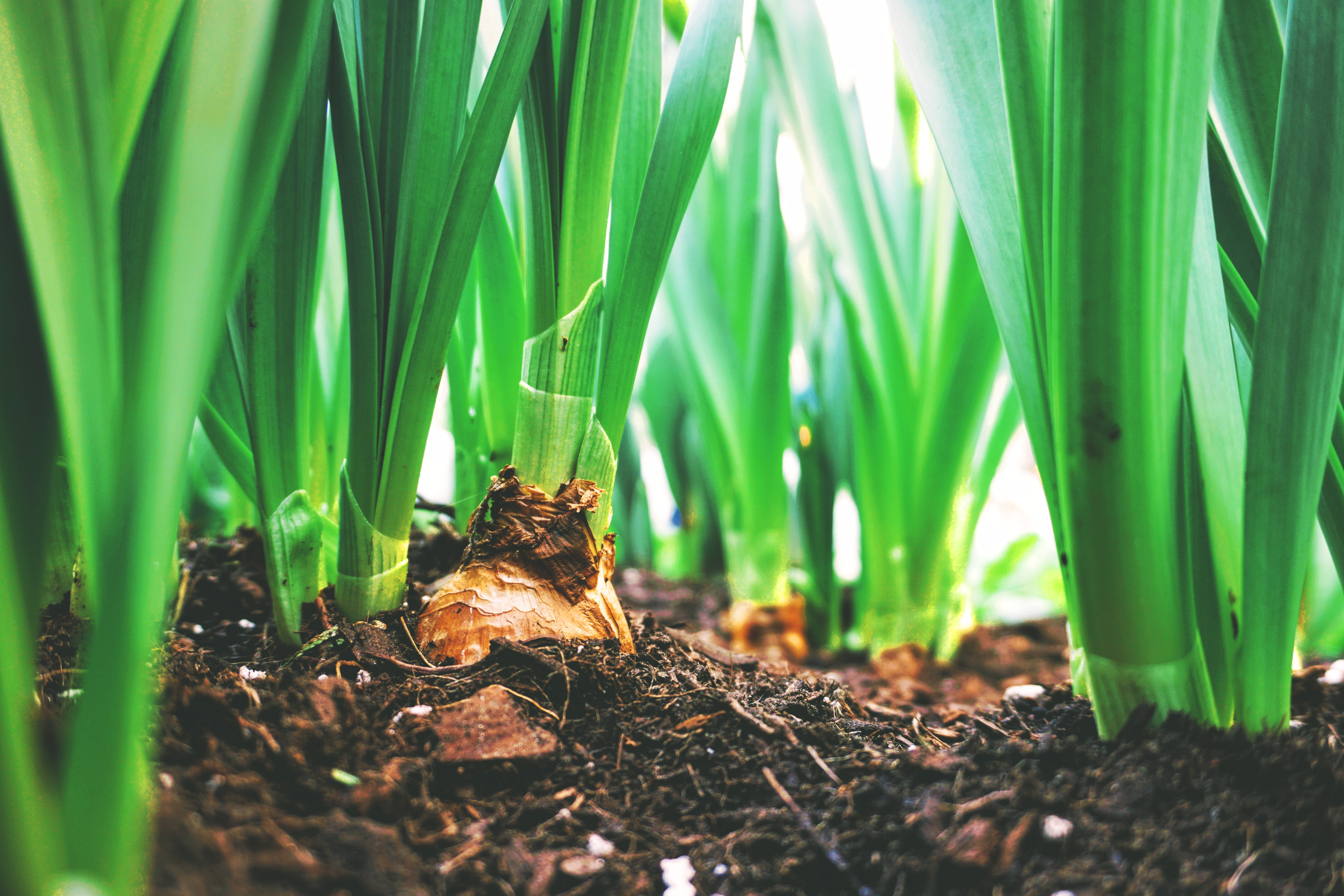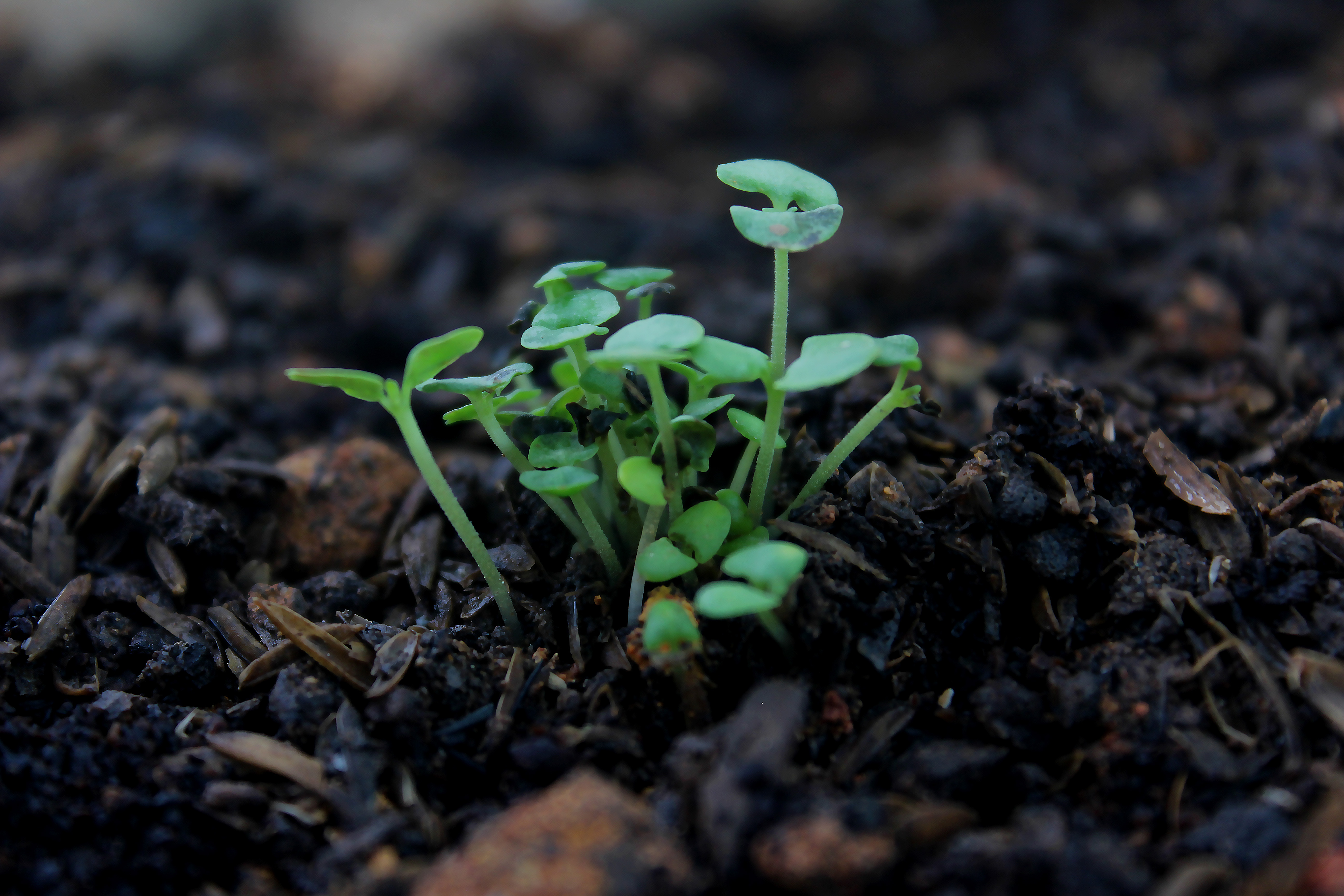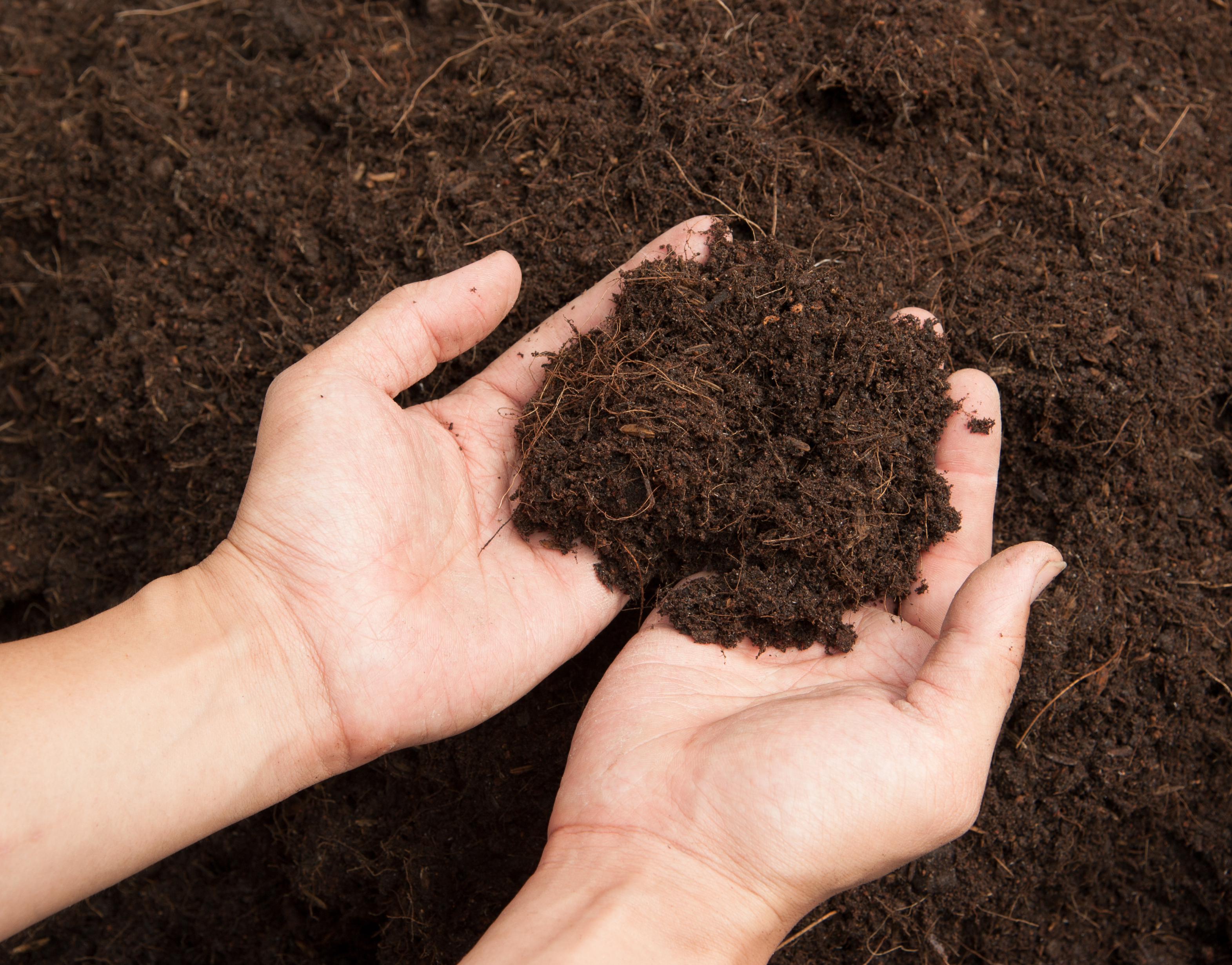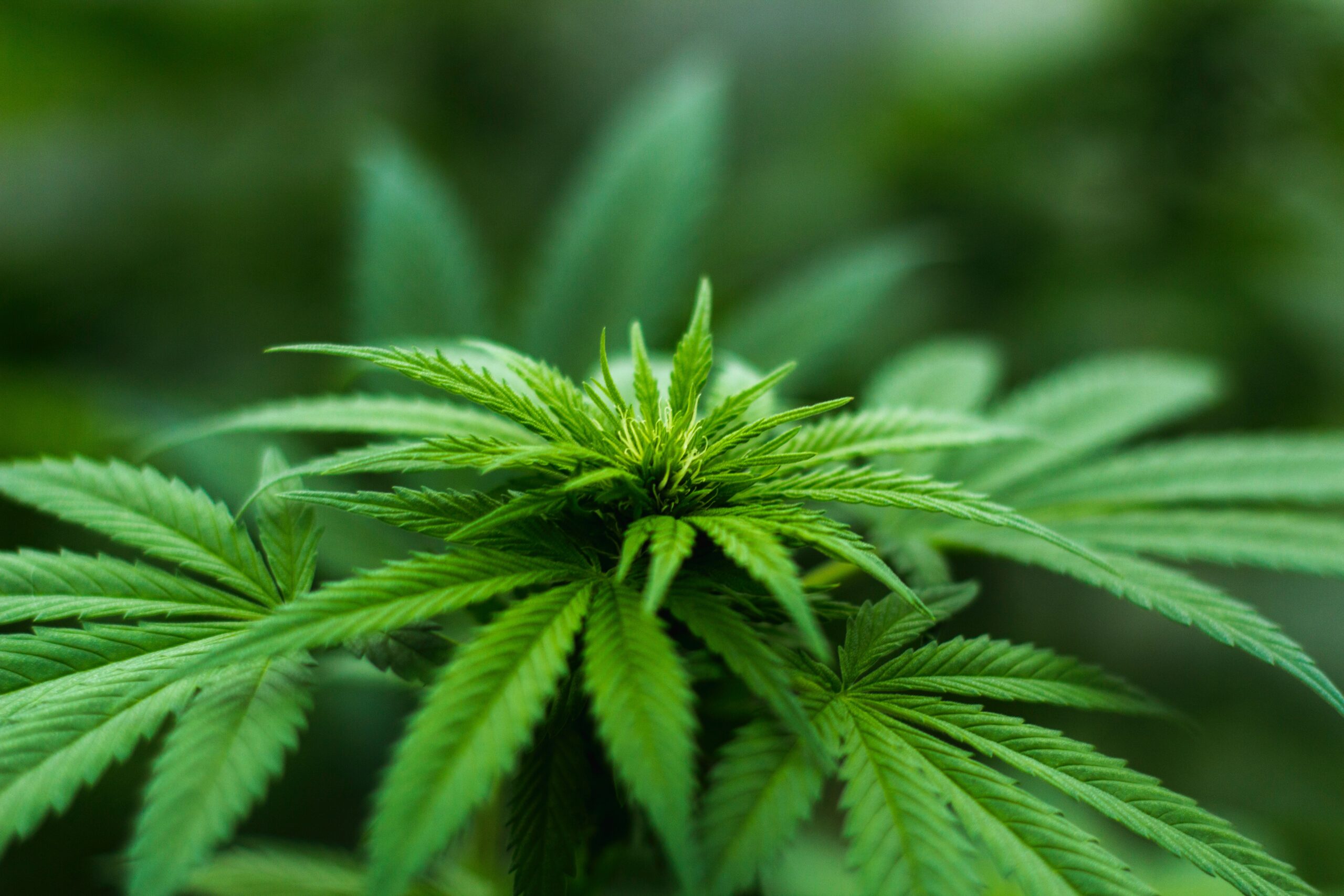
Why should you grow your cannabis in microbe-rich soil?
Many first-time cannabis growers don’t think too hard about the soil their plants will be growing in. If the soil looks healthy enough, it should be good to go, right? Well, it might be, but that isn’t enough information to tell for sure. If you really want to know whether

